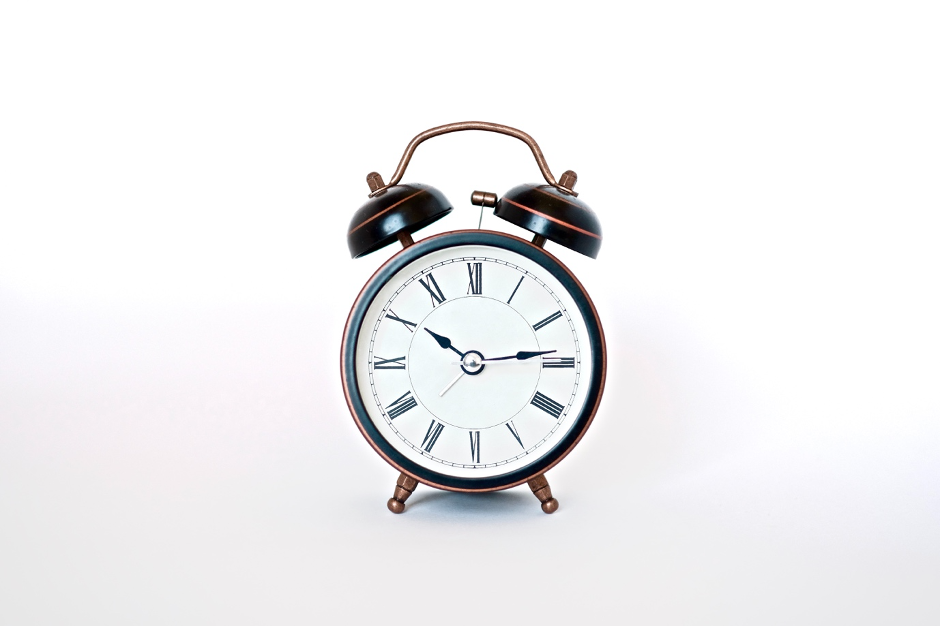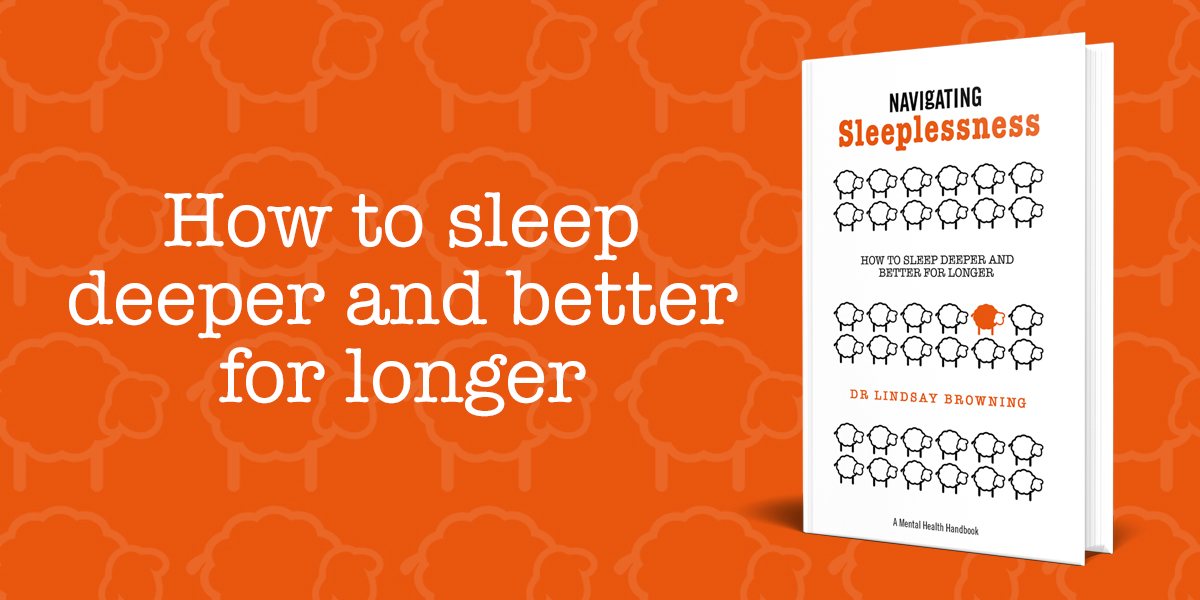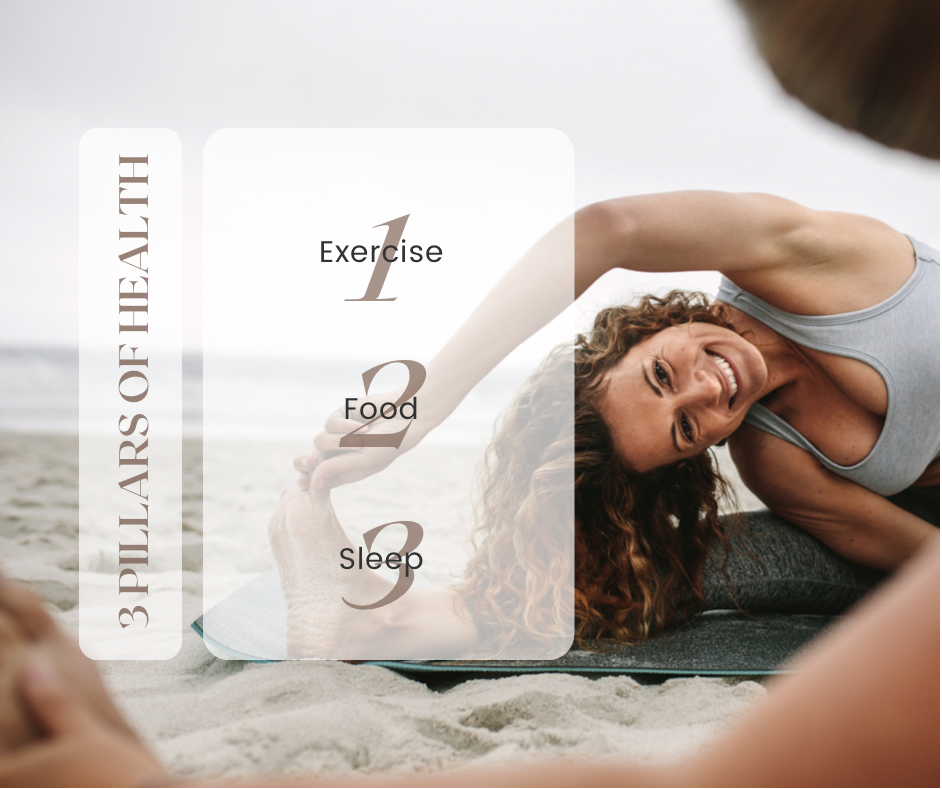World Sleep Day - Regular Sleep, Healthy Future

The theme of this year’s World Sleep Day, “regular sleep, healthy future” highlights that regularly getting the right amount of sleep is one of the best ways of ensuring a healthier life. World Sleep Day is on the 19th March, 2021 and Dr Lindsay Browning, the sleep ambassador for And So To Bed is a World Sleep Day delegate. And So To Bed is running a better sleep Q&A with Dr Browning at the end of this week so keep an eye out on Instagram and Facebook page for more information.
Sleep is one of the “three pillars of health” that you may have heard about. These are Exercise, Food and Sleep. Making sure that we exercise regularly, eat a varied diet full of natural, healthy foods, and sleep for the right amount each night are three pillars on which good health sit.
Getting the right amount of good quality sleep is associated with a reduced risk of depression and anxiety, and a lower risk of developing chronic health issues such as heart disease, strokes, type 2 diabetes, obesity, cancer and dementia. For optimal health, we should prioritise sleeping well every day, rather than relying on catch up sleep at the weekends. Studies have shown that regular bedtimes and wake times, 7 days per week, are associated with better sleep quality in people of all ages compared to irregular sleeping patterns. Further, people who sleep regular hours have better mood, reaction times and tend to do better academically.
Exercise
The NHS recommendation is to get at least 150 minutes of exercise per week for optimal health benefits. With gyms closed right now, there are still plenty of options to help you exercise - you can follow free online workouts or go for an outdoor run or cycle. Try not to exercise too close to bedtime though, or else you might find it harder to sleep.

Food
Eating the right kinds of foods is vital for your overall health.
- Try to increase your intake of oily fish (unless, of course, you are vegetarian!) as this is high in imega-3 fats which are good for your heart.
- For improved health, try to increase your fibre intake. Wholewheat pasta or brown rice are a better choice than their white counterparts. These help you to feel fuller for longer and contain more fibre.
- Limit your intake of saturated fat and sugar. You do need some fat in your diet to be healthy, but try to choose unsaturated fats such as olive oil or avocados rather than butter.
- Try to eat a minimum of 5 different fruits and vegetables each day. These can be fresh, frozen, canned, dried or juiced.
Why is it important to have regular bedtimes and wake times?
The reason that keeping a regular bedtime and wake time is important, is because our body thrives on regularity. Our circadian rhythm, or our internal 24-hour clock, works best when we do the same things at the same time each day. Just think about when the clocks change and how difficult it is to move your bedtime and wake time by just one hour. If we do this every week by changing our bedtime at the weekend compared to during the working week, this affects our ability to sleep well. Being consistent also helps us to feel more alert during the daytime as well as helping us sleep well at night.

When we are exposed to bright light and darkness each day has a huge effect on our circadian rhythm. This is something that has been badly affected by the coronavirus pandemic. With the introduction of many people working from home this has resulted in people experiencing much less light exposure by not leaving the house for a commute into work or leaving the office to go and buy a sandwich for lunch. If you stay inside the house all day then you will not get the bright sunshine exposure during the day which helps your circadian rhythm know that it is daytime. As a result, your circadian rhythm would not produce the right levels of melatonin to make you sleep later that evening. The negative effects of not seeing natural daylight during the pandemic has been compounded by increased use of artificial light sources such as computers and phones late into the evening.
When people don’t get enough sleep during the working week and instead rely on a weekend lie-in to catch up on sleep, this does not work. It isn’t possible to fully catch up on lost sleep, nor is it possible to “bank” sleep in advance of a period of reduced sleep. You can make up for lost sleep to some extent, but not fully.
How comfortable is your bed?
March is not only home to World Sleep Day, but March is also National Bed Month! If your bed is uncomfortable, then you will find falling asleep and staying asleep harder. Over the past year, with people staying at home rather than travelling, you may have been using your bed even more than usual – for sleep and also for relaxing or working. This may mean that your mattress may need replacing sooner than usual. And So To Bed offer a range of luxury beds and mattresses to suit your sleeping style and budget. Also, The Sleep Council have a good guide to buying a bed.
Navigating Sleeplessness
Dr Lindsay Browning, the sleep amabasador for And So To Bed has published a new self-help sleep book, Navigating Sleeplessness. You can get your copy as an ebook on Kindle, or in print from Amazon or Waterstones.

-
Posted by Dr Lindsay Browning
16th March 2021



